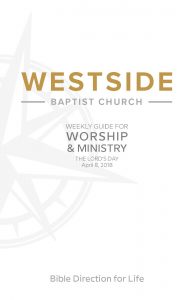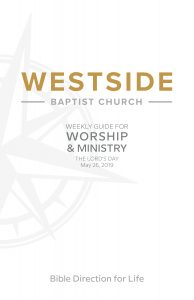Beginning of the first session of the Council of Trent. This council, which, with several interruptions, concluded its work in 1563, was to define Roman Catholicism for the next four hundred years. Indeed it would be somewhat of a misnomer to think of “Roman Catholicism” as an organizationally or theologically unified entity before the decisions of this council began to be implemented. It is important to remember that the early reformers, such as Luther, did not at all think of themselves as “Protestants” rejecting a clearly defined set of beliefs called “Catholicism.” While, before the Reformation, there was an enormous variety of vested interests and long standing traditions, there were, at least in the areas that proved most pivotal to the Reformation, very few clear theological lines. Luther was not declared a heretic for preaching justification by faith, but for his challenge to the authority of the Pope. Until Trent, there was no official position on justification against which he or anyone else could protest.

1545
- Post author:admin
- Post published:June 29, 2016
- Post category:Blog / Unjargoned



